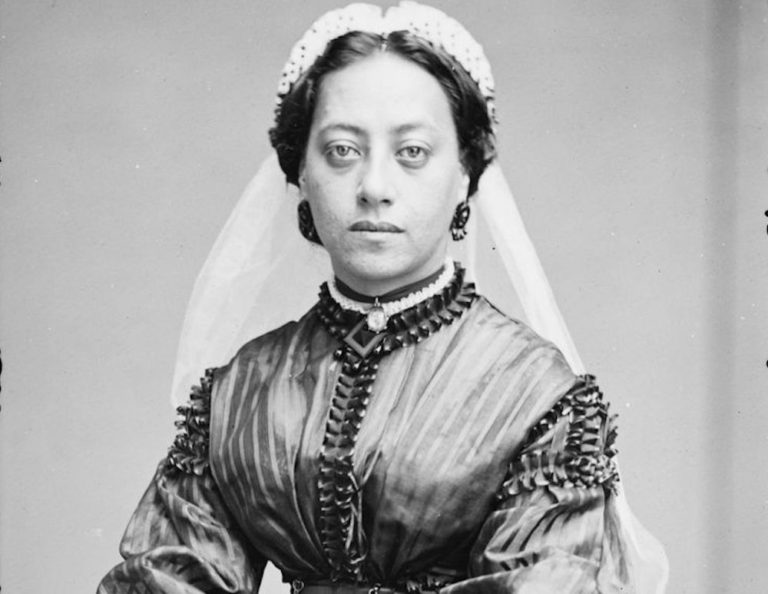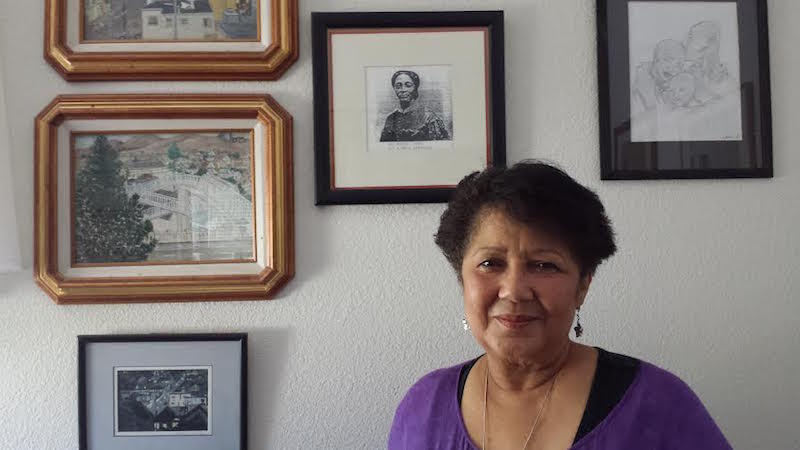Emma: On What It Means to Be “Attracted to Black Girls”Posted in Articles, Europe, Media Archive, Social Work on 2018-04-25 22:22Z by Steven |
Emma: On What It Means to Be “Attracted to Black Girls”
Ask Emma: Navigating race and identity in Ireland
Dublin InQuirer
Dublin, Ireland
2018-04-24
In her regular column, Emma Dabiri fields your questions on race and identity in contemporary Ireland. Got something you’ve been pondering? You can send her your questions through this form.
Hi Emma,
I’m a white male Dubliner who is very attracted to black girls. I’ve never been with a black girl, and don’t actually know any black women at all to be honest, but whenever I see a pretty black girl on the street or in the office, I melt.
I’m trying not to sound too weird. I know it’s not good to exoticize. I do watch lots of black porn. I have had no chill on the few opportunities I’ve had to speak to black girls. I feel like flirting is hard enough, but with race, identity, etc. it all becomes overwhelming.
What should I do?
We deliberated quite a lot as to whether or not this was a serious question or the work of a troll. However, as a black woman who grew up on the receiving end of attitudes such as yours, I am pretty convinced of its veracity.
The ideas about what blackness is that inform your “preferences” are centuries old, and sadly are not going away anytime soon. What I write should help you, although I have to admit that in this instance helping you is not my main priority.
Rather, I want to take this opportunity to expose the mechanics behind this way of thinking, and the ways in which these attitudes are damaging and dehumanizing to black people.
What is it about black girls that you find so attractive? We come in all different shades and sizes. Amongst all of the women who could be identified as black, there exists such a huge diversity of features and appearances that it is hard to talk about what a “black woman” looks like in any meaningful way, yet you reduce us to a monolith?…
Read the entire article here.









